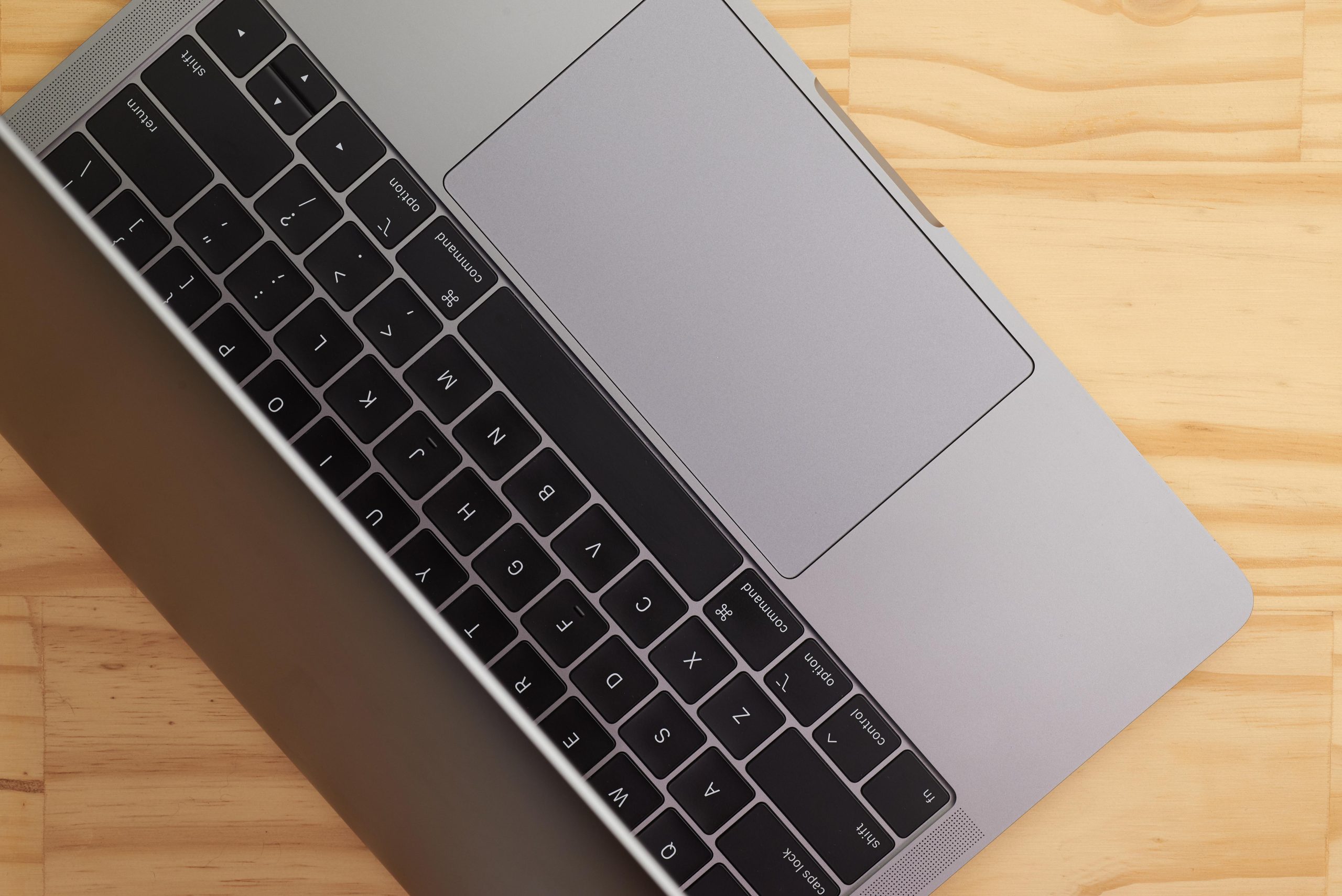How To Check Laptop Specs?

Have you ever wondered what lies beneath the sleek exterior of your laptop? Whether you’re a tech enthusiast or a casual user, knowing your laptop’s specs can help you understand its capabilities and limitations. From processing power to storage capacity, checking your laptop’s specs can provide valuable insights into its performance. In this article, we’ll explore the various methods to check your laptop’s specs, so you can get to know your device inside and out.
Finding the Right Path: A Step-by-Step Guide to Checking Laptop Specs
In the vast and ever-evolving world of laptops, finding the perfect one for your needs can sometimes feel like searching for a needle in a haystack. With countless brands, models, and specifications to choose from, it’s easy to become overwhelmed. But fear not! In this step-by-step guide, we will walk you through the process of checking laptop specs, so you can make an informed decision and find the right path to your dream device.
Related: Best & Cheap Laptop Repair Service in Oman
Step 1: Identify Your Needs Before diving into the world of laptop specs, it’s important to identify your specific needs. Are you a gamer in search of a powerful graphics card? Or perhaps a professional in need of a high-performance processor? Take a moment to consider what you’ll be using your laptop for, and make a list of the features that are most important to you.
Step 2: Research, Research, Research Once you have a clear understanding of your needs, it’s time to hit the books (or rather, the internet) and conduct some research. Start by exploring different laptop brands and models that align with your requirements. Look for reviews and comparisons to get a sense of the pros and cons of each option. Additionally, visit the official websites of the brands you’re interested in to gather detailed information about their products. Don’t forget to pay special attention to the specifications section, where you’ll find valuable details about the hardware and performance capabilities of each laptop.
By following these steps, you’ll be well on your way to finding the laptop that perfectly suits your needs. Remember, taking the time to check laptop specs is crucial in ensuring that you invest in a device that will serve you well for years to come. So, grab a cup of coffee, put on your research hat, and embark on the exciting journey of finding your ideal laptop!
Unveiling the Inner Workings: Exploring Hardware Specifications and Components
In order to check the specifications of your laptop, you can follow a few simple steps. Firstly, you can start by navigating to the “Settings” option on your laptop. This can usually be found in the Start menu or by searching for it in the search bar. Once you have accessed the Settings, look for the “System” option and click on it. Under the System settings, you will find the “About” option. Click on it to view detailed information about your laptop’s specifications.
Alternatively, you can also use the keyboard shortcut “Windows key + Pause/Break key” to directly access the System settings. This will open up the System window where you can find all the relevant information about your laptop’s hardware specifications and components. You will be able to see details such as the processor, RAM, operating system, and storage capacity. This information can be useful when you are looking to upgrade your laptop or troubleshoot any performance issues.
To make it easier for you, here’s a table summarizing the key components and specifications you should look for:
| Component | Specification |
|---|---|
| Processor | Intel Core i5 |
| RAM | 8GB DDR4 |
| Storage | 256GB SSD |
| Graphics Card | NVIDIA GeForce GTX 1650 |
| Operating System | Windows 10 Home |
By checking your laptop’s specifications, you can have a better understanding of its capabilities and make informed decisions when it comes to software compatibility and hardware upgrades. So, go ahead and unveil the inner workings of your laptop to unleash its full potential!
Unleashing the Power: Analyzing Performance Metrics and Capabilities
When it comes to getting the most out of your laptop, understanding its performance metrics and capabilities is essential. By analyzing these metrics, you can unleash the true power of your device and optimize its performance according to your needs. In this post, we will explore the various ways to check your laptop specs and gain insights into its hardware and software components.
One of the simplest ways to check your laptop specs is through the Control Panel or System Preferences, depending on whether you are using Windows or macOS. Here, you will find detailed information about your processor, memory, storage, and graphics card. Additionally, you can also discover the operating system version, display resolution, and other important specifications that play a role in determining your laptop’s capabilities.
- Windows: Go to Control Panel > System and Security > System
- macOS: Click on the Apple menu > About This Mac
If you prefer a more comprehensive overview of your laptop’s specs, you can use third-party software tools specifically designed for this purpose. These tools provide detailed reports on your device’s hardware, including CPU speed, RAM capacity, and storage type. Some popular software options include CPU-Z, Speccy, and HWiNFO. These tools not only display the current specs but also help you monitor the real-time performance of your laptop.
Beyond the Surface: Uncovering Hidden Features and Additional Specifications
In this post, we will dive deeper into the world of laptops and explore how to uncover hidden features and additional specifications beyond what meets the eye. Whether you’re a tech enthusiast or someone looking to purchase a new laptop, understanding the various specifications can help you make an informed decision. So, let’s embark on this journey of discovery and learn how to check laptop specs like a pro!
1. Processor: The heart and brain of your laptop, the processor determines the speed and performance. Look for the model name, clock speed, and number of cores. A higher clock speed and more cores generally indicate better performance.
2. RAM: Random Access Memory (RAM) affects multitasking capabilities and overall speed. Check how much RAM your laptop has, typically measured in gigabytes (GB). More RAM allows for smoother multitasking and faster performance.
3. Storage: The amount of storage on your laptop determines how much data you can store. Look for Solid State Drives (SSD) or Hard Disk Drives (HDD), which provide different levels of speed and durability. SSDs are faster and more reliable, while HDDs offer more storage capacity at a lower cost.
4. Graphics Card: If you’re into gaming or graphic-intensive tasks, a dedicated graphics card is crucial. Check the model and VRAM (Video RAM) of the graphics card to ensure it meets your requirements.
5. Display: The display is one of the most important aspects of a laptop. Look for the screen size, resolution, and display technology. Higher resolution and better display technology (such as IPS or OLED) offer a more immersive visual experience.
6. Connectivity: Check the available ports and connectivity options on the laptop. Look for USB Type-C, HDMI, and Thunderbolt ports for versatile connectivity. Additionally, Wi-Fi and Bluetooth versions should be considered for wireless connectivity.
7. Battery Life: If you’re always on the go, battery life is crucial. Look for the estimated battery life provided by the manufacturer, but keep in mind that real-world usage may vary.
To make your laptop specs checking journey easier, we’ve created a table below summarizing the key specifications you should consider:
| Specification | Importance | Ideal Range |
|---|---|---|
| Processor | High | Intel Core i5 or higher |
| RAM | High | 8GB or higher |
| Storage | Medium | 256GB SSD or 1TB HDD |
| Graphics Card | Medium | NVIDIA GeForce GTX 1650 or equivalent |
| Display | High | 15.6″ Full HD (1920×1080) IPS |
| Connectivity | Medium | USB Type-C, HDMI, Thunderbolt |
| Battery Life | Medium | 8 hours or longer |
Remember, these specifications are just a starting point, and your specific needs may vary. By diving beyond the surface and uncovering the hidden features and additional specifications, you can make a well-informed decision and find the perfect laptop that meets your requirements. Happy laptop hunting! In conclusion, knowing how to check your laptop specs is essential for understanding its capabilities and limitations. Whether you are a casual user or a power user, having this knowledge can help you make informed decisions when it comes to upgrading, troubleshooting, or purchasing a new laptop. By following the simple steps outlined in this article, you can easily access and review your laptop’s specifications, ensuring that you are fully aware of what your device is capable of. With this information on hand, you can confidently navigate the world of technology and make the most out of your laptop experience. So go ahead, check your laptop specs and unlock its full potential!



